Breaking the Silence: How to Support a Friend During Suicide Prevention Week (September 7-13)
World Suicide Prevention Week (September 7-13) reminds us that mental health support and suicide prevention are everyone’s responsibility. If you’re a young adult wondering how to help a friend or yourself who’s struggling, you’re not alone in feeling uncertain about what to do. Breaking the silence around mental health struggles can literally save lives.
Recognizing the Warning Signs
Understanding suicide warning signs is the first step in supporting someone you care about. Mental health awareness means knowing when a friend might need immediate help.
Key warning signs to watch for:
Talking about wanting to die or feeling hopeless
Withdrawing from friends, family, and activities they used to enjoy
Dramatic mood swings or sudden changes in behavior
Giving away personal belongings or saying goodbye in unusual ways
Increased substance use or risky behaviors
Expressing feelings of being a burden to others
Sleeping too much or too little
Loss of interest in future plans
How Do I Start the Conversation?
Choose a private, comfortable setting where you won’t be interrupted
Use direct but caring language: “I’ve noticed you seem really down lately. Are you
thinking about hurting yourself?”
Listen without judgment and avoid trying to “fix” everything
Take their concerns seriously, even if they seem small to you
Avoid saying things like “it could be worse” or “just think positive”
Immediate support strategies:
Stay with them if they’re in immediate danger
Help them create a safety plan with coping strategies and emergency contacts
Offer to accompany them to therapy appointments or support groups
Check in regularly through texts, calls, or visits
Encourage healthy activities you can do together
Be patient – recovery and healing take time
Long-term support approaches:
Learn about depression, anxiety, and other mental health conditions
Respect their privacy while staying connected
Continue inviting them to social activities without pressure
Celebrate small wins and progress in their mental health journey
Take care of your own mental health too…supporting others can be emotionally draining & lead to compassion fatigue
When to Seek Professional Help & Contact Crisis Resources Immediately
Has a specific suicide plan
Has access to means to harm themselves
Says they feel out of control or unable to cope
Shows signs of psychosis or severe mental health crisis
Crisis support available 24/7:
988 Suicide & Crisis Lifeline: Call or text 988
Crisis Text Line: Text HOME to 741741
Emergency services: Call 911
SAMHSA National Helpline: 1-800-662-4357
NAMI (National Alliance on Mental Illness): Support groups and education
Mental Health America: Screening tools and local resources
The Trevor Project: LGBTQ+ youth crisis support (1-866-488-7386)
How Healing Hearts Healthy Minds Can Help
At our practice, we specialize in supporting young adults through mental health challenges, depression treatment, and anxiety counseling. I provide compassionate, evidence-based therapy that meets you where you are in your mental health journey.
Services include:
Individual therapy for depression and anxiety
Suicide prevention counseling and safety planning
Support for friends and family members
Crisis intervention and mental health assessment
Therapeutic approaches tailored for young adults
During World Suicide Prevention Week and beyond, we can all contribute to creating a culture where seeking help is seen as a sign of strength, not weakness. Remember: you don’t have to be a mental health professional to make a difference in someone’s life. Sometimes, simply showing up and letting someone know they matter can be lifesaving.
Your support matters. Your friend’s life matters. Help is available.
If you or someone you know is struggling with thoughts of suicide, please reach out for professional help immediately. At Healing Hearts Healthy Minds, I a here to provide the support and treatment you need. Contact me to learn more about our mental health services for young adults.
